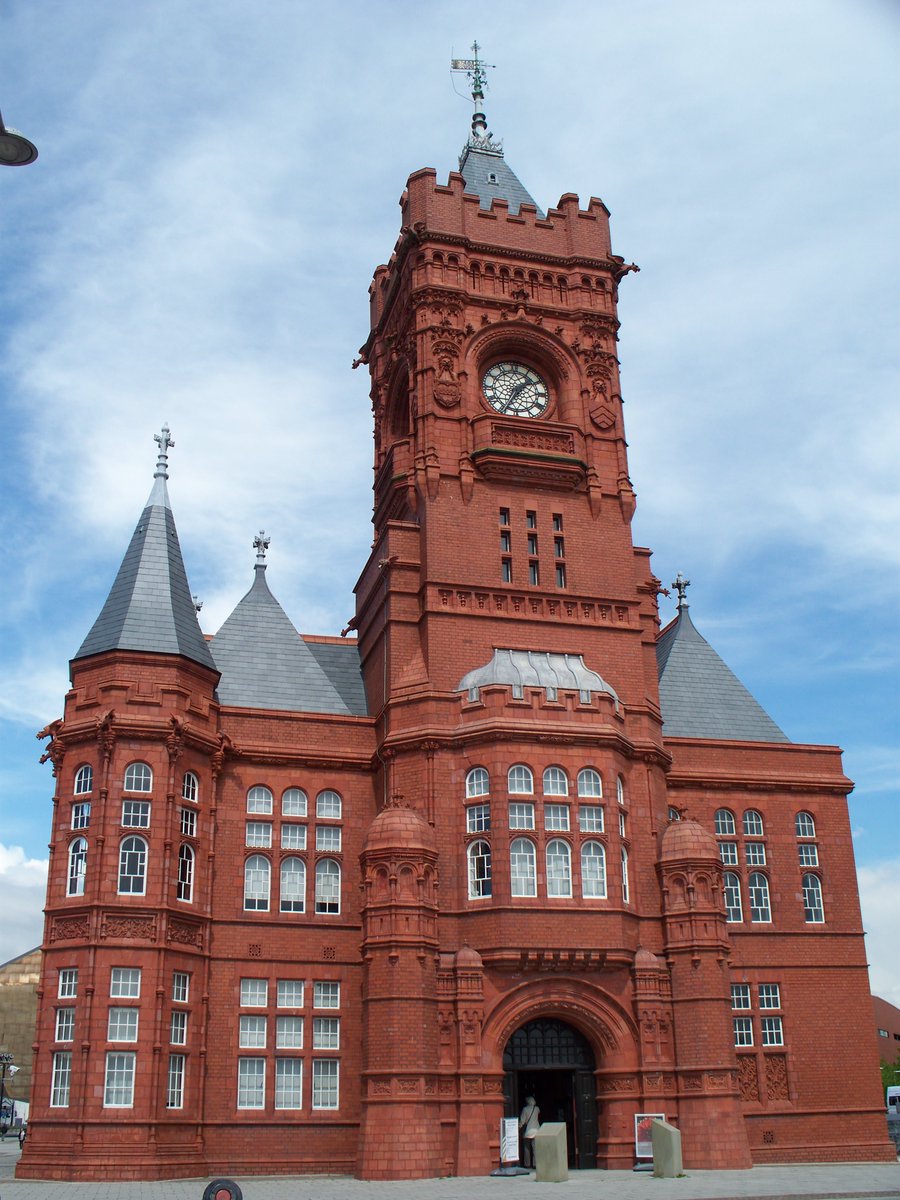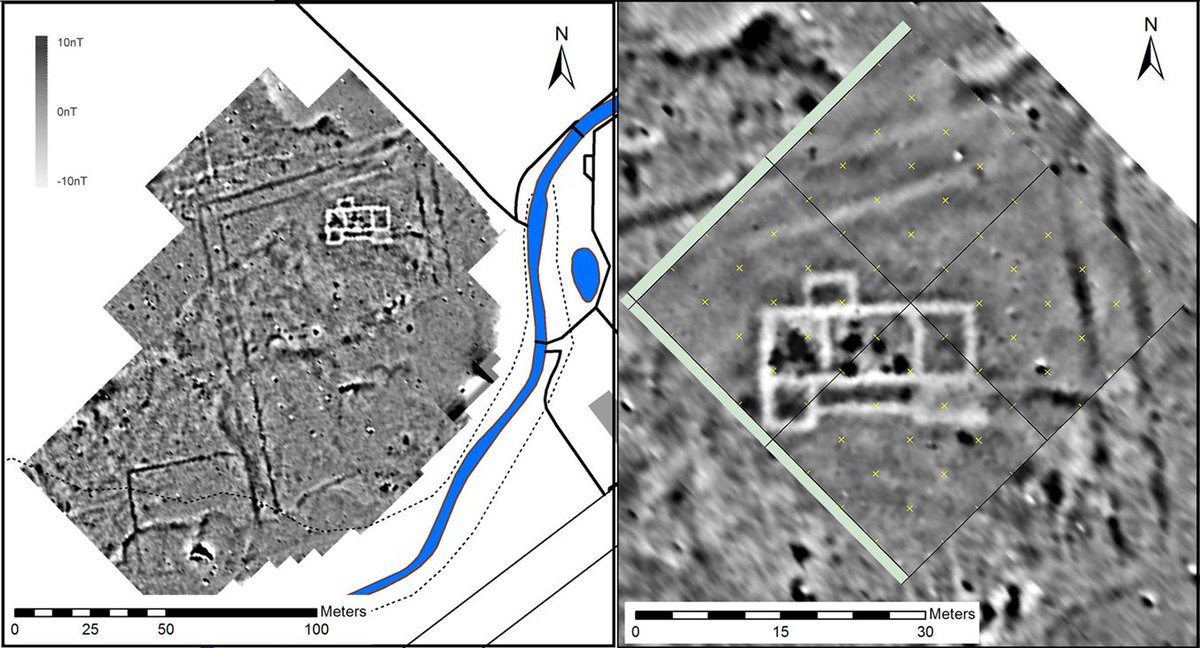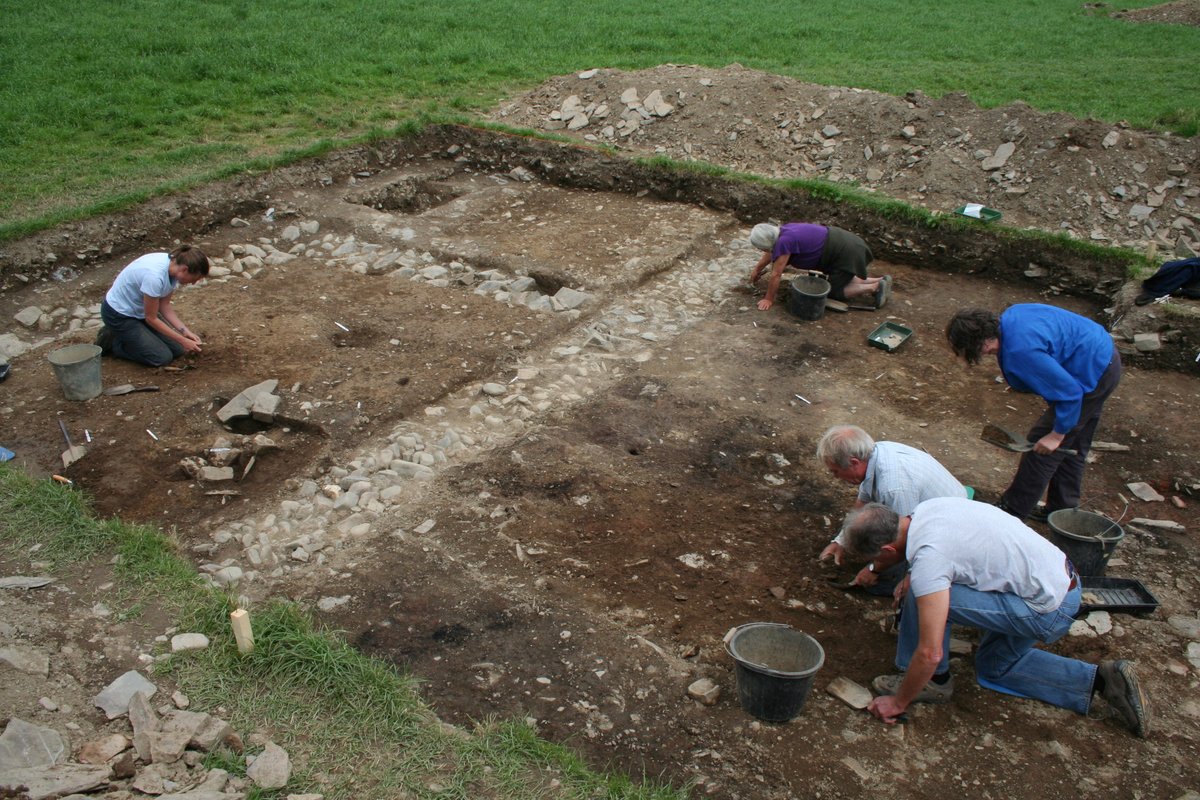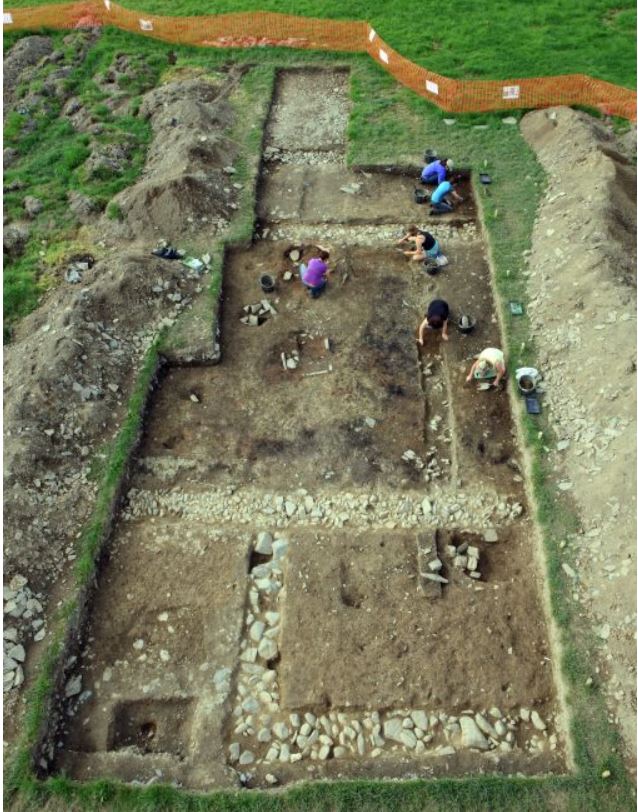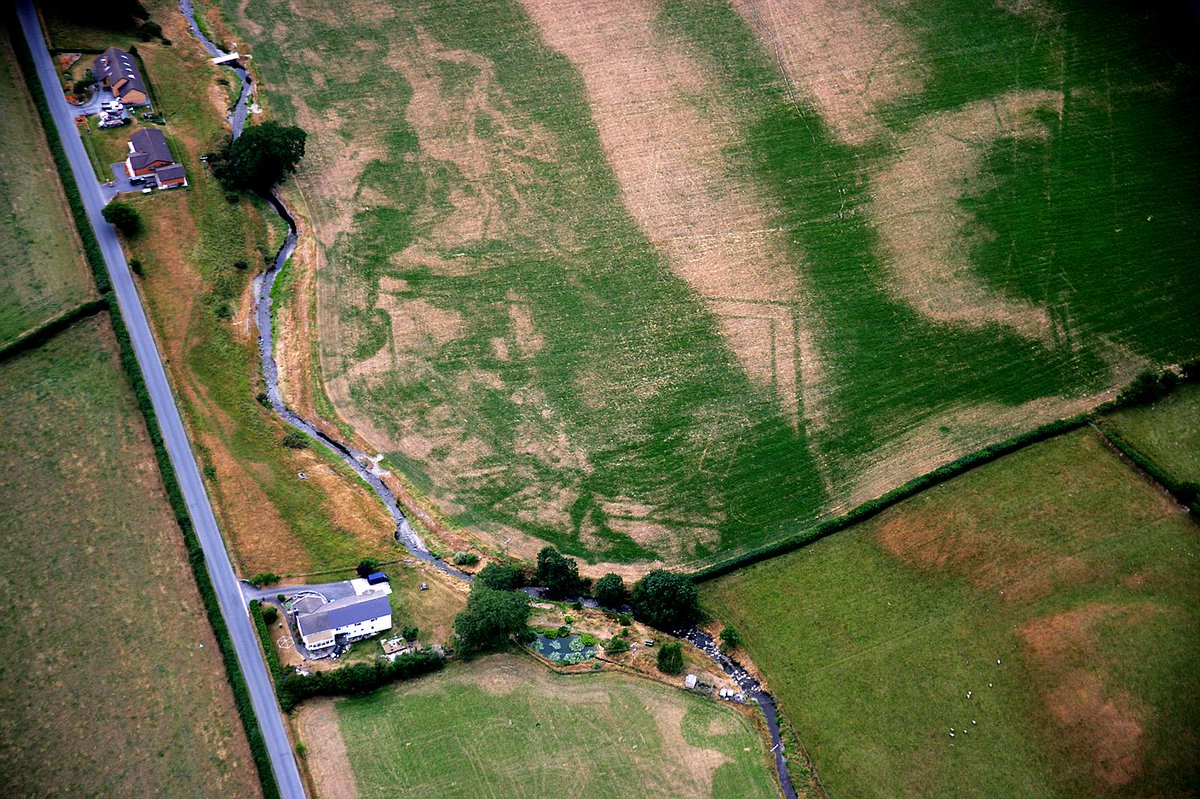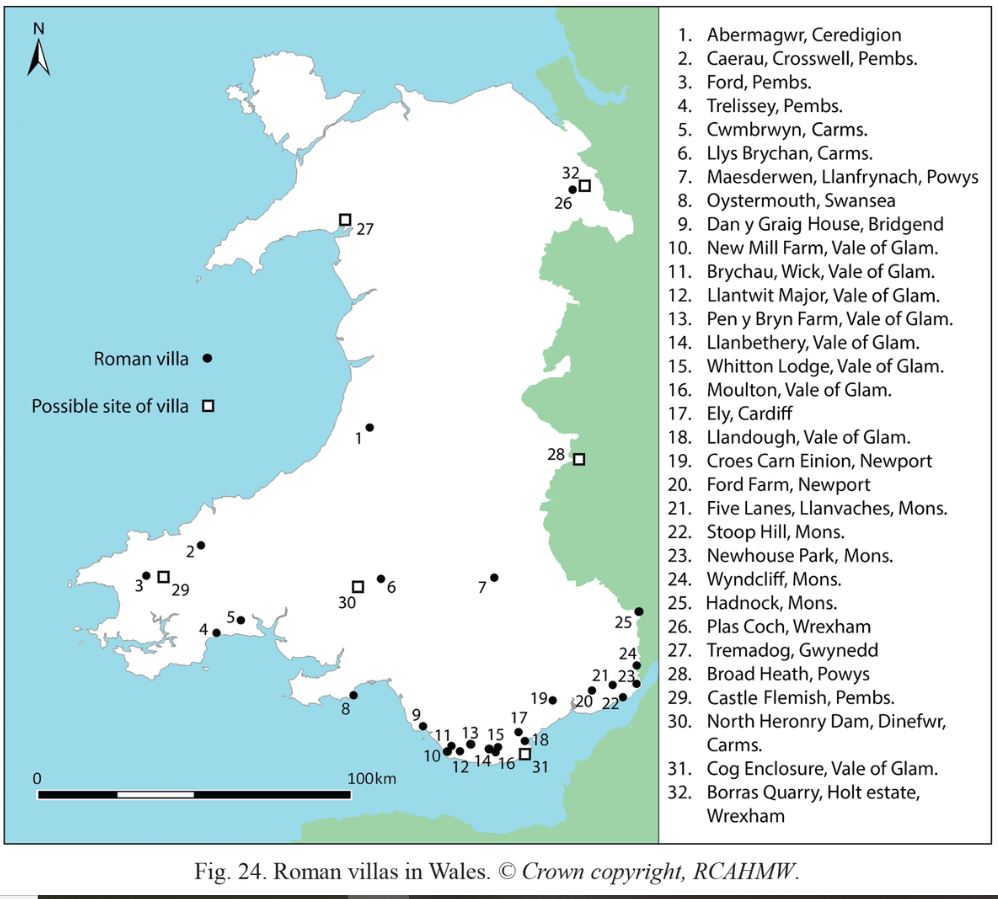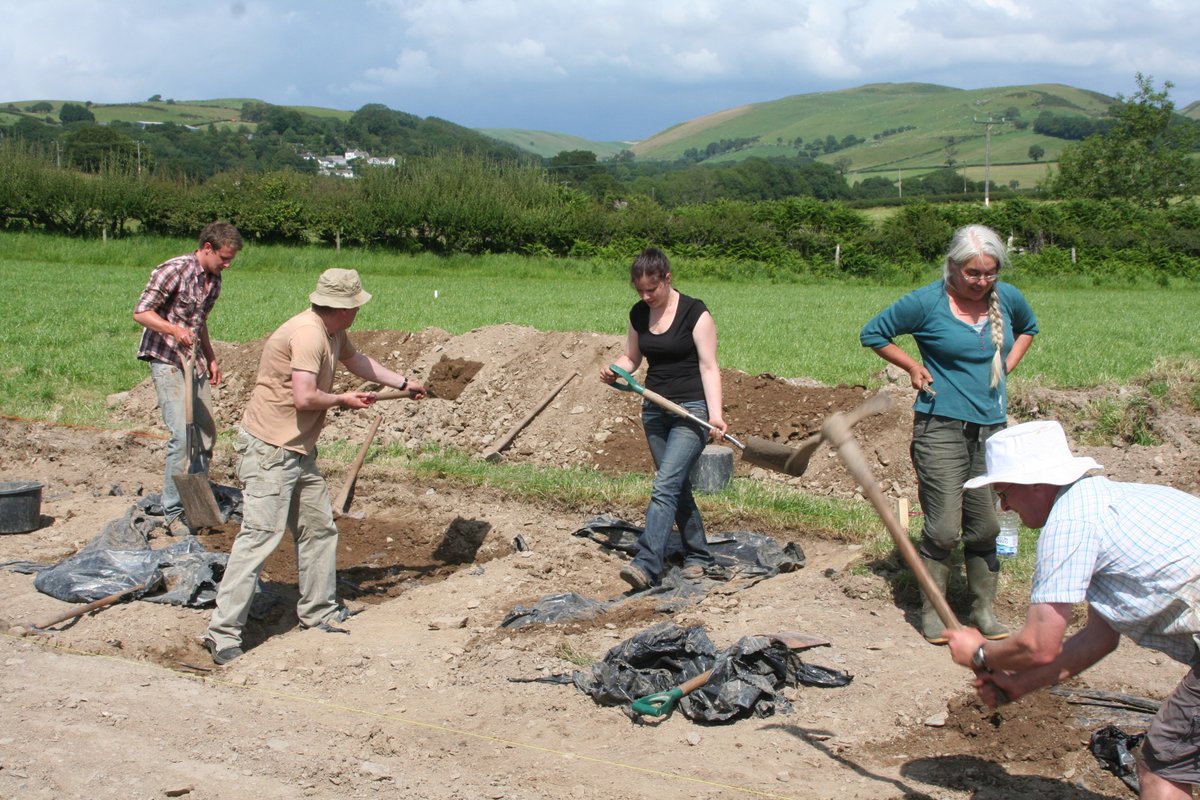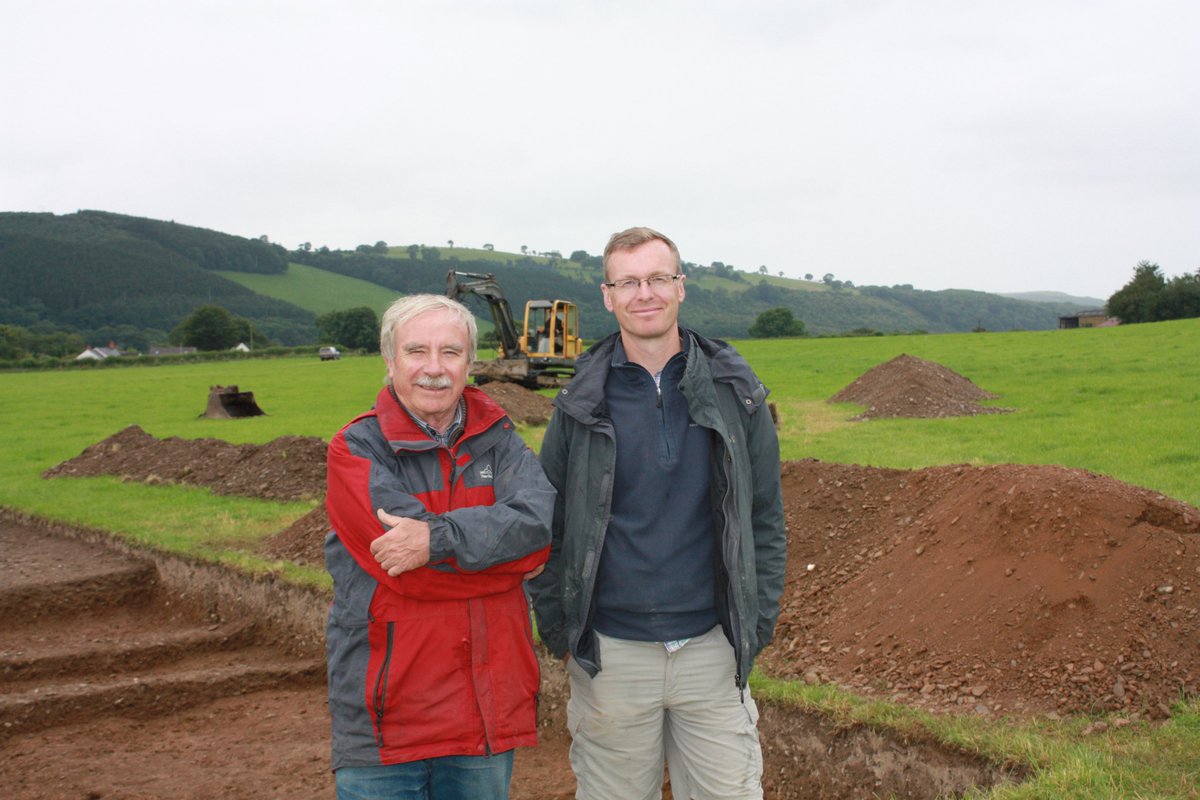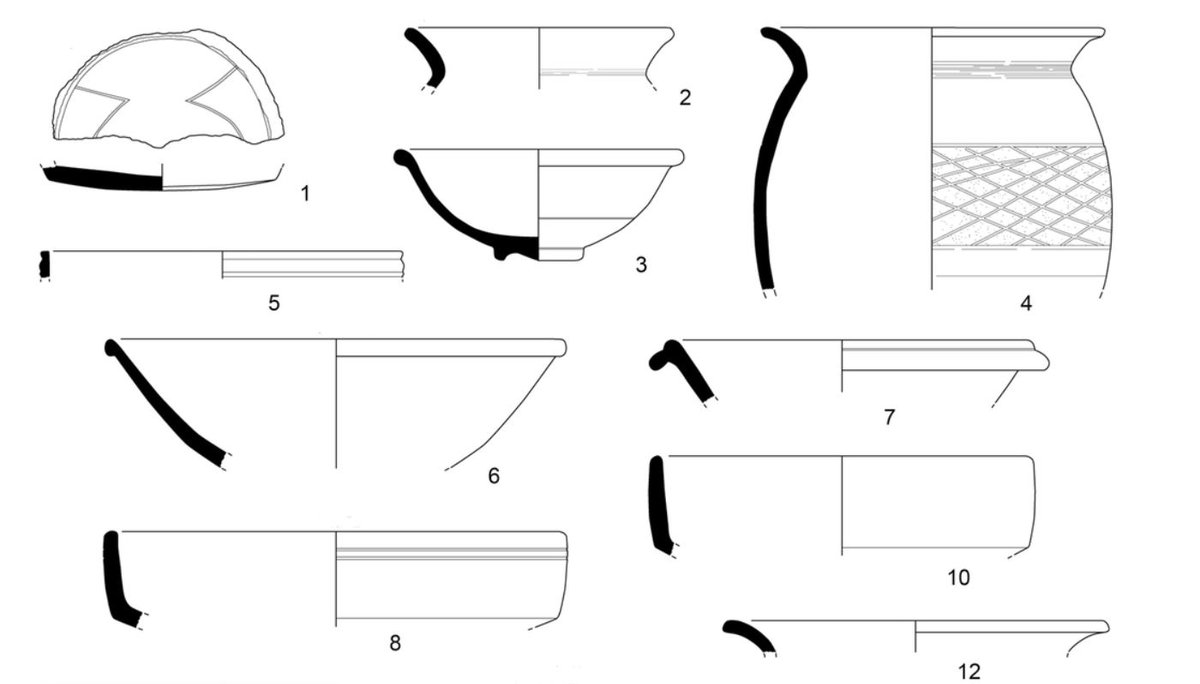
Mae post #DyddLlunArforol heddiw yn ymweld â thirnod eiconig Caerdydd: swyddfeydd Dociau Biwt, lle codwyd Adeilad y Pierhead yn 1896 fel swyddfeydd Cwmni Dociau Biwt. @RC_Archives 1/4 
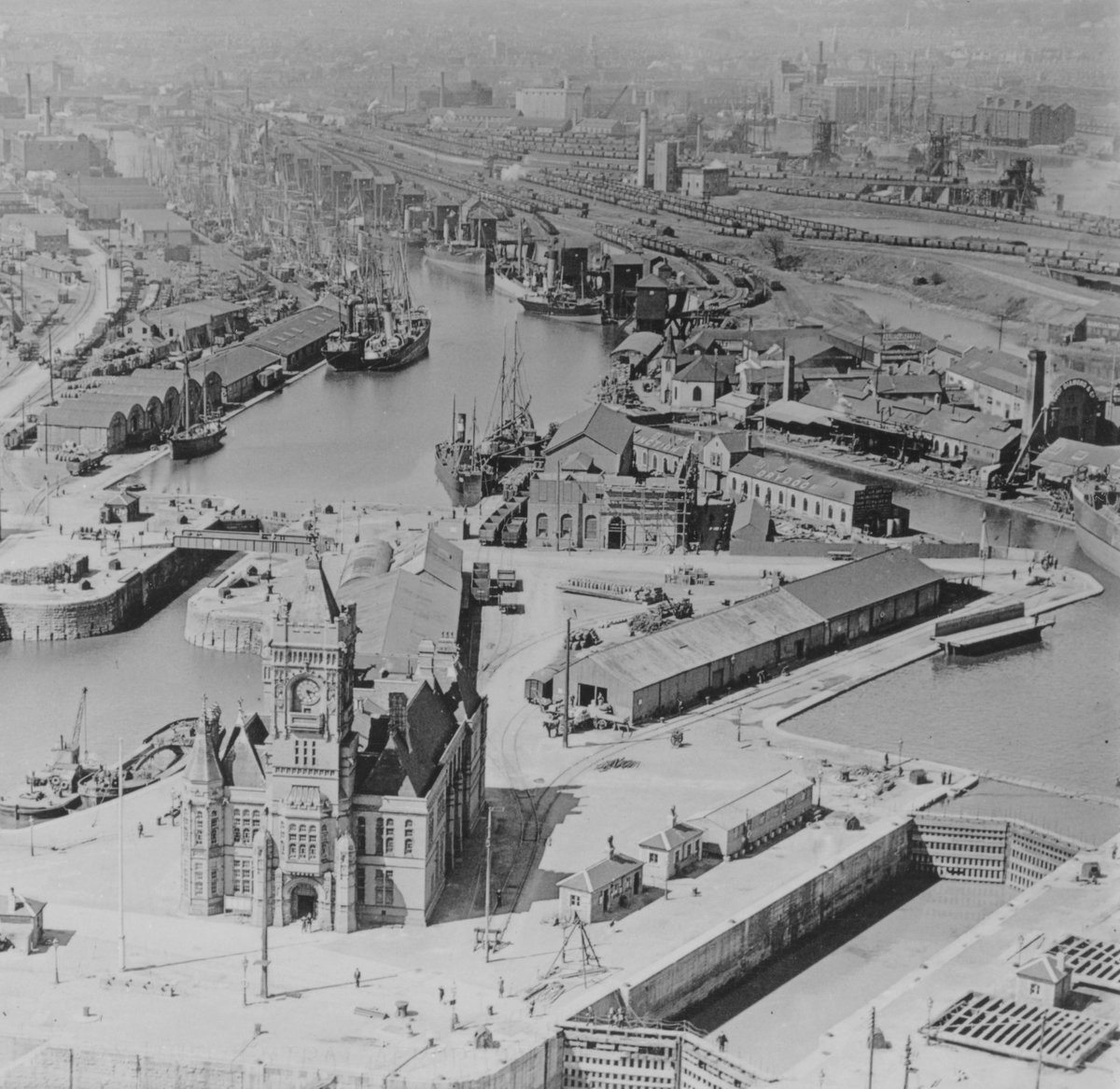
Mae’n adeilad deulawr Gothig gydag wyneb bric coch a terracotta. Mae tŵr cloc caerog uwchben y brif fynedfa a phanel terracotta campus ar y wyneb gorllewinol. 2/4 
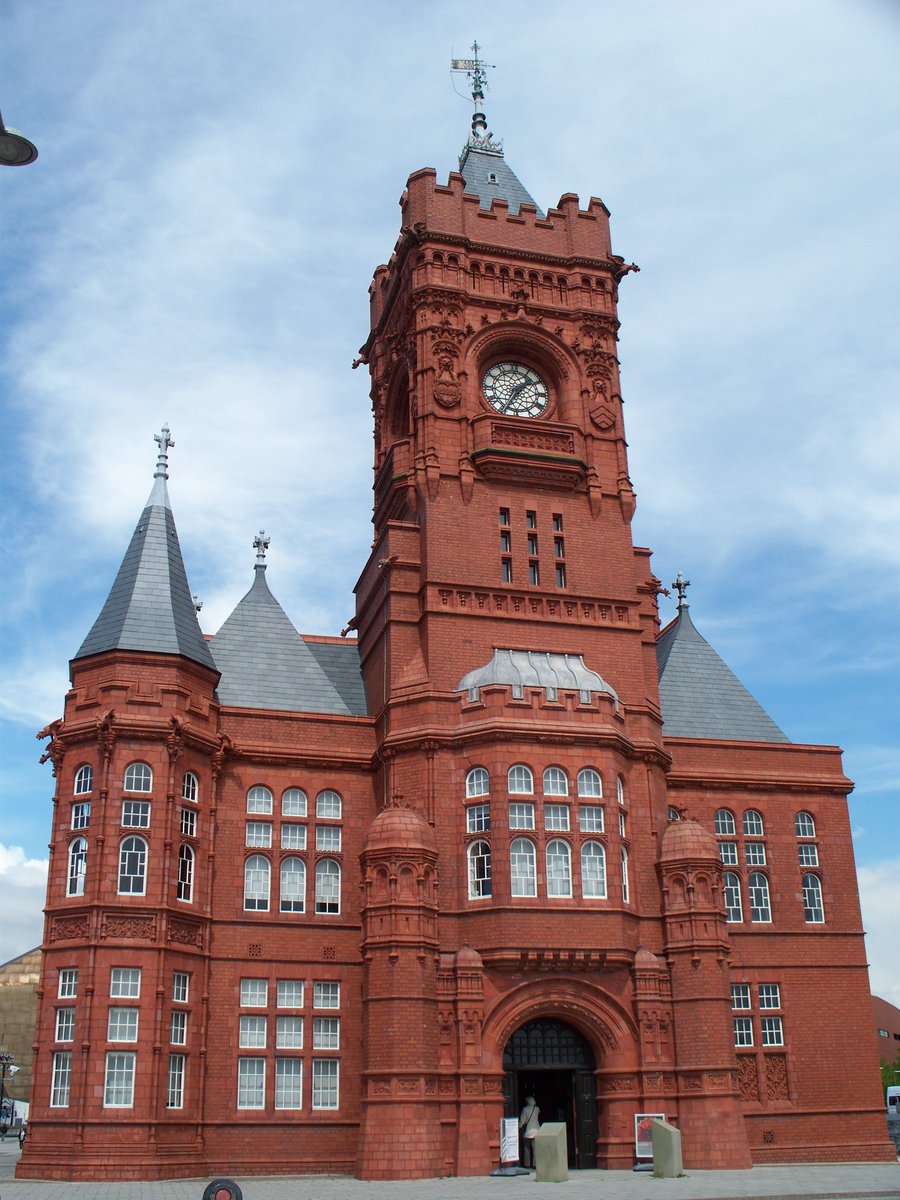
Mae Swyddfa Rheolwr y Porthladd ar y llawr cyntaf, sydd yn cynnwys darn simnai addurnol gyda chanopi, castelliad, colofnau deiliog, a theils herringbone i’r cefn. Mae grisiau troellog haearn gwreiddiol i’r tŵr cloc. 3/4 

Agorwyd Doc Biwt y Gorllewin (wedi’i llenwi) yn 1839 a Doc y Dwyrain (yn y llun hwn o 1995) rhwng 1855 a 1859. Mae Adeilad y Pierhead, sydd wedi’i rhestri’n Gradd I, nawr yn rhan o stad y Senedd. 4/4 coflein.gov.uk/cy/safle/34241… 
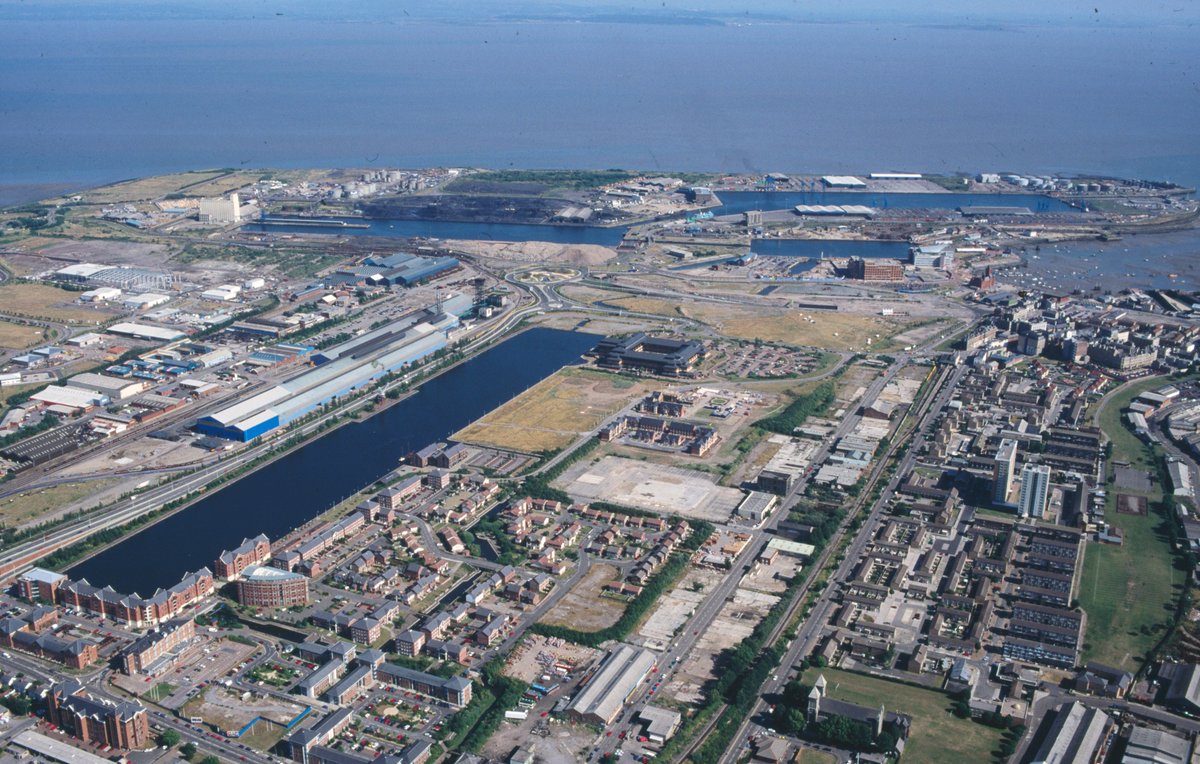
• • •
Missing some Tweet in this thread? You can try to
force a refresh



